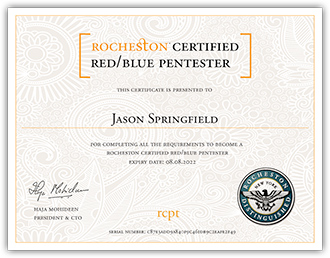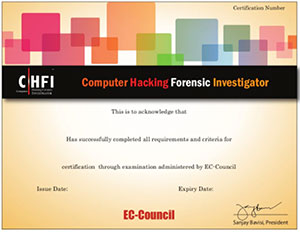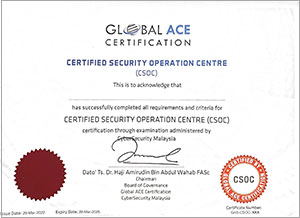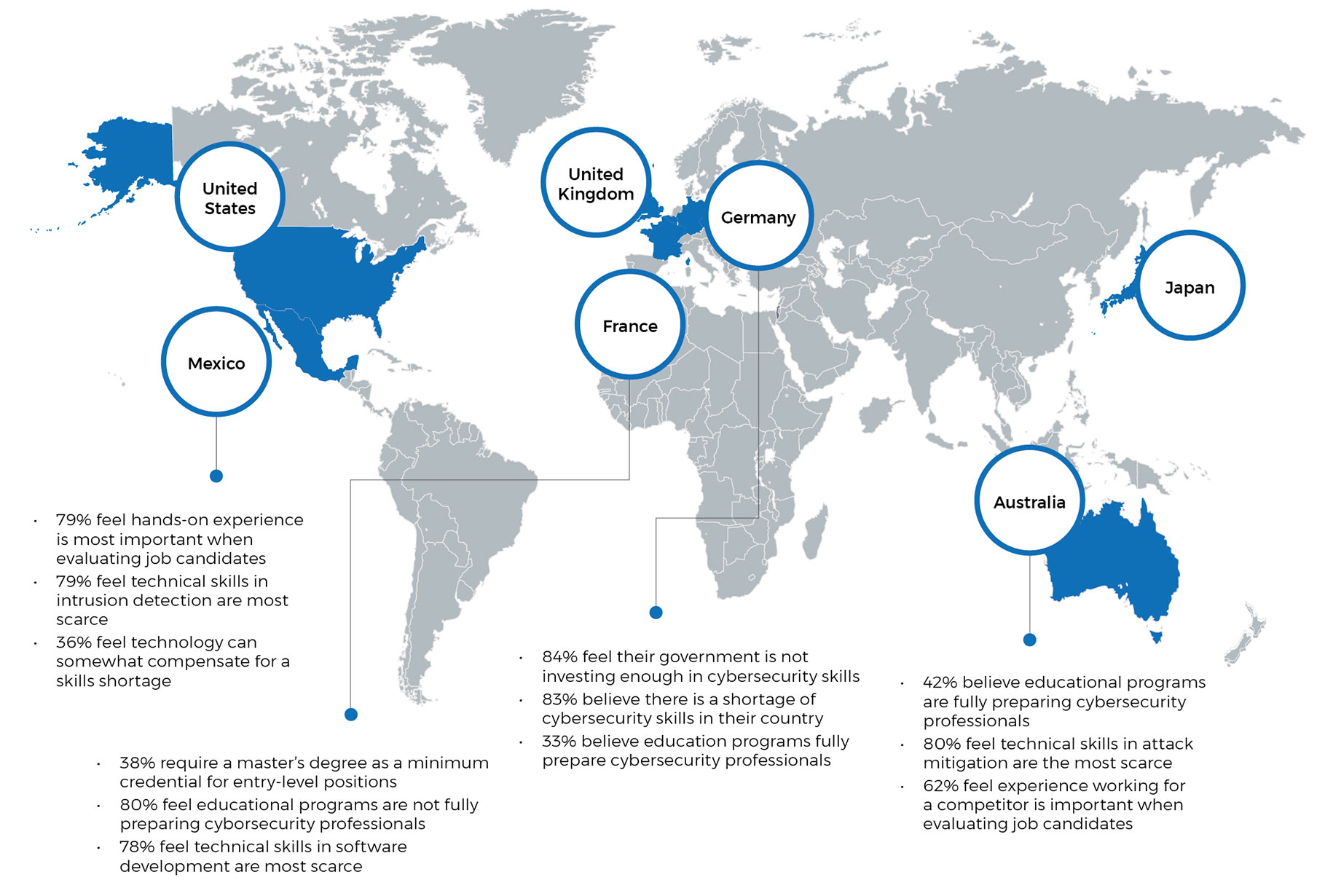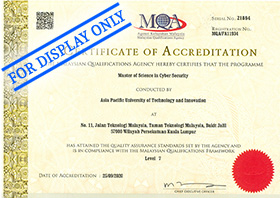You are here
Master of Science in Cyber Security

| |||||
APU-DMU DUAL DEGREE PROGRAMME
| |||||
MORE THAN JUST A CYBER SECURITY MASTER PROGRAMME
APU's Master of Science in Cyber Security programme is designed to provide you an edge with the latest technologies that are in line with the Industrial Revolution 4.0. | Digital Transformation for IR4.0 |
ADMISSION REQUIREMENTS
| GENERAL REQUIREMENTS | |
• Bachelor’s degree in Computing or related fields with a minimum CGPA of 2.50, or its equivalent qualification as accepted by the Senate. | |
* Applicants without a Computing-related Bachelor’s degree must pass the pre-requisite modules to continue with the Master’s Degree.
| ENGLISH REQUIREMENTS | |
INTERNATIONAL STUDENTS | • IELTS : 5.5 |
PROGRAMME OUTLINE
This programme is specifically designed to provide:
- Opportunity for professional development at an advanced level within the area of Cyber Security.
- Ability to further develop specialisation gained in taught modules through an extensive research-based and/or technical-based dissertation, to prepare a subject matter expert in the field.
- APU is also poised to become a frontrunner in cyber security research through the establishment of the Forensics and Cyber Security (FSEC) Research Centre, through which research activities will be undertaken to challenge boundaries in the application of cyber security.
THE BENEFITS OF THE PROGRAMME |
- The curriculum covers a wide range of industry relevant subject areas in Security Operations Centre (SOC) and Incident Response, Security Auditing and Assessment, Advanced Ethical Hacking, E-Investigation, Data Analytics in Cyber Security etc.
- External reviews conducted by Cyber Security Malaysia (CSM), KPMG and F-Secure during the development of the programme curriculum.
- Programme Support by an Industry Advisory Panel involving cyber security experts from Cyber Intelligence, Cyber Test Systems, Akati Consulting Group and Cyber Security Malaysia (CSM).
- A fully-functional Security Operations Centre (SOC) that allows students to have handson cybersecurity operations platform to monitor live data which allows them to perform real-time cyber security monitoring to fortify network defense with global threat intelligence and launching faster response on cyber security incidents.
- A full-fledged Cyber Threats Simulation and Response Centre – Cyber Range is also included within the Cyber Security Talent Zone in APU. Cyber Range incorporates latest technologies and a military grade cyber-defence system, enabling students to understand and formulate defence strategies, and practice the entire chain of cyber defence, while preparing them to deal with real cyber threat attack when it happens.
- A technical project related to Cyber Security as dissertation in the final semester.
- Research opportunities for students via APU’s Forensic and Cyber Security Research Centre - FSEC.
WHO SHOULD ATTEND |
This programme is geared towards practicing IT/Computing professionals within industry who seek further formal qualifications in Cyber Security. In addition, professionals and managers who wish to enhance themselves with Cyber Security knowledge and skills to postgraduate level will find this programme attractive. Fresh undergraduate students from Cyber Security / Digital Forensics background will also find this programme worthwhile as a path to further enhance their academic qualifications.
MODULES & PROJECT |
This programme comprises 10 coursework modules and a Project. There are 7 compulsory Core Modules (including Research Methodology module) and you will have to choose 3 elective modules from those listed.
PRE-REQUISITE MODULES (FOR NON-COMPUTING STUDENTS) | |
|
|
CORE MODULES | |
|
|
ELECTIVE MODULES (CHOOSE 3)* | |
|
|
PROJECT |
As part of this course, you are expected to complete an extensive project paper in relation to Cyber Security for both academic and industry purposes. This project paper will be supervised by a member of academic staff as the main supervisor. It may involve working with an external organisation (probably directly relevant to your work or organisation or any of our industry partners). You are given considerable flexibility in choosing any Cyber Security related topics to base your project paper. As for the deliverables, you are required to come up with a prototype/ simulation/ framework etc. (the list is just an example and not limited to only these) and to produce one project paper and a publishable conference/ journal paper consists of summary of the work.
ROCHESTON CERTIFIED PENETRATION TESTER
| |
The Rocheston Certified Penetration Tester (RCPT) program stresses research, live labs and interactive sessions on emerging security findings, offering the scope for defining the information security requirements while finding options to enhance existing methodology assets. The RCPT certification is designed and embedded as part of Advanced Ethical Hacking module in the Master of Science in Cyber Security programme, to allow the students to have an industry-standard exposure towards penetration testing as well as an opportunity to upskill themselves in real-life scenarios and simulations through the offered CyberLabs. As such, every student in the programme is given equal opportunity in getting their hands on the certification as part of the syllabus learn in the module without the need of taking up additional training resources. Studen can opt for the Rocheston certification which is valid for 2 years and subject to a renewal process to ensure all Penetration Testers are updated with the current scope of Penetration Testing.
Certified Hacker Forensics Investigator (CHFI)
| Upon completion of the Advanced Digital Forensics module, students will be ready and may opt for the Certified Hacker Forensics Investigator (CHFI) professional certification. The CHFI certification is provided by the International Council of Electronic Commerce Consultants [EC-Council], which is an American organisation that offers cybersecurity certification, education, training, and services in various cybersecurity skills. EC-Council is d headquartered in Albuquerque, New Mexico, and has certified over 237,000 professionals from 145 countries (https://iclass.eccouncil.org/). CHFI is an advanced cybersecurity certification for forensic network security investigators. |
Certified Security Operation Centre Analyst (CSOC)
| Upon completion of the Security Operations Center (SOC) & Incident Response SOC module, students will be ready and may opt for the Certified Security Operation Center (CSOC) professional certification. The CSOC examination is certified by the Global ACE Certification where the certification body for the Global ACE Certification is the Information Security Certification Body or ISCB, a department within CyberSecurity Malaysia (CSM). Candidates can take the examination at authorised examination centres in participating member countries. Candidates who have successfully passed the CSOC examination will be eligible to apply as an associate or professional member by fulfilling the membership criteria defined under the Global ACE Certification. |
APU WINS CYBER SECURITY INNOVATION (EDUCATION) OF THE YEAR 2024 BY CYBERSECURITY MALAYSIA
We are thrilled to share the exciting news that APU has been honoured with the prestigious Cyber Security Innovation (Education) of the Year award by CyberSecurity Malaysia at the Malaysia Cyber Security Awards 2024 held at KLCC. | |
| |
| |
CAREER OPTIONS
|
|
|

Source: https://cybersecurityventures.com/jobs/
https://www.statista.com/statistics/595182/ worldwide-security-as-a-service-market-size/
“Malaysia is one of the top three ASEAN countries that are expected to contribute 75 per cent of cybersecurity services market share by 2025.”
- Gobind Singh Deo, Minister of Communications and Multimedia
Source: https://www.nst.com.my/news/nation/2018/10/418130/ malaysia-expected-contribute-75-cent-cybersecurity-services-market-2025
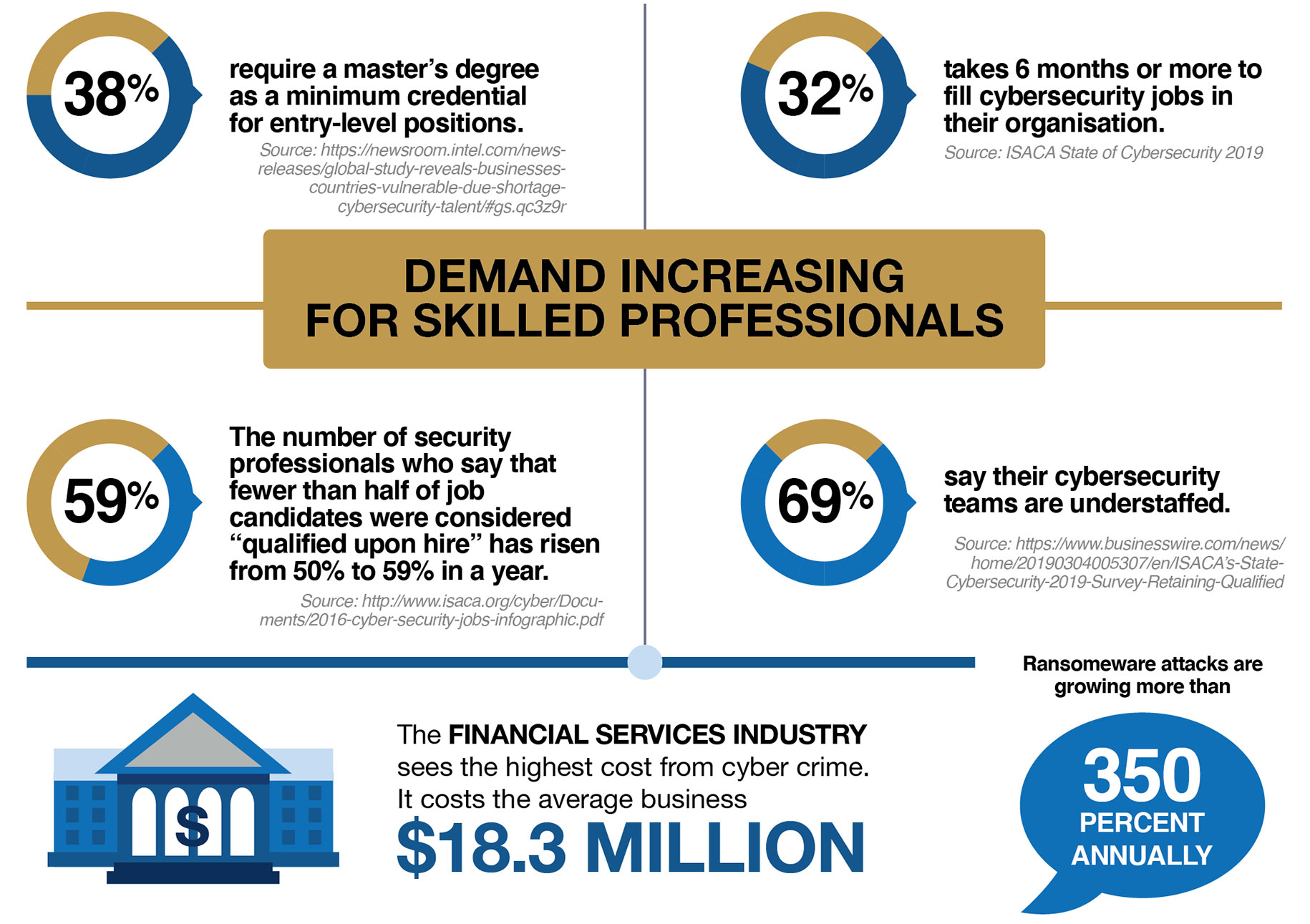
Source:
https://newsroom.intel.com/news-releases/global-study-reveals-businesses-countries-vulnerable-due-shortage-cybersecurity-talent/#gs.qc3z9r
https://www.businesswire.com/news/home/20190304005307/en/ ISACA%E2%80%99s-State-Cybersecurity-2019-Survey-Retaining-Qualified
https://blogvaronis2.wpengine.com/wp-content/uploads/2018/05/cybersecurity-statistics-2019.jpg
“As digital transformation agendas continue to dominate, a bigger cybersecurity budget is necessary. Almost all companies are looking at technologies such as robotics, machine learning, artificial intelligence, blockchain and so on. All of that change will come with additional cyber risks and necessary investments.”
Source: https://www.ey.com/Publication/vwLUAssets/ey-global-information-security-survey-2018-19/$FILE/ey-global-information-security-survey-2018-19.pdf
“Organisations were facing difficulties in hiring talents with 32% of these take 6 months or more to fill cybersecurity jobs.”
“Both the government and the private sector are scrambling for talent. Thousands of information-security jobs are going unfilled as the industry in the U.S. struggles with a shortage of properly trained professionals. By one estimate, there will be 3.5 million unfilled cybersecurity jobs by 2021.”
Source: https://www.securitymagazine.com/articles/90182-the-cybersecurity-talent-gap-an-industry-crisis
COURSE FEES
Malaysian Students | International Students |
RM 37,200 | RM 40,800 (USD 9,490) |
* Fees stated above do not include Enrolment Fees, Registration Fees and other Miscellaneous Fees. Please refer to Fee Guide for details.
MQA ACCREDITATION
(R/0613/7/0019)(05/29)(MQA/FA11934) |
| All information is correct at the time of publication, but is subject to change in the interest of continuing improvement. |
Master of Computing & Technology Programmes |
- MSc in Software Engineering
- Master of Science in Artificial Intelligence
- Master of Science in Artificial Intelligence (ODL)
- MSc in Data Science and Business Analytics
- Master of Science in Data Science and Business Analytics (ODL)
- MSc in Information Technology Management
- Master of Technology Management
- Master of Science in Digital Transformation
- Master of Project Management
- Master of Science in Computing





